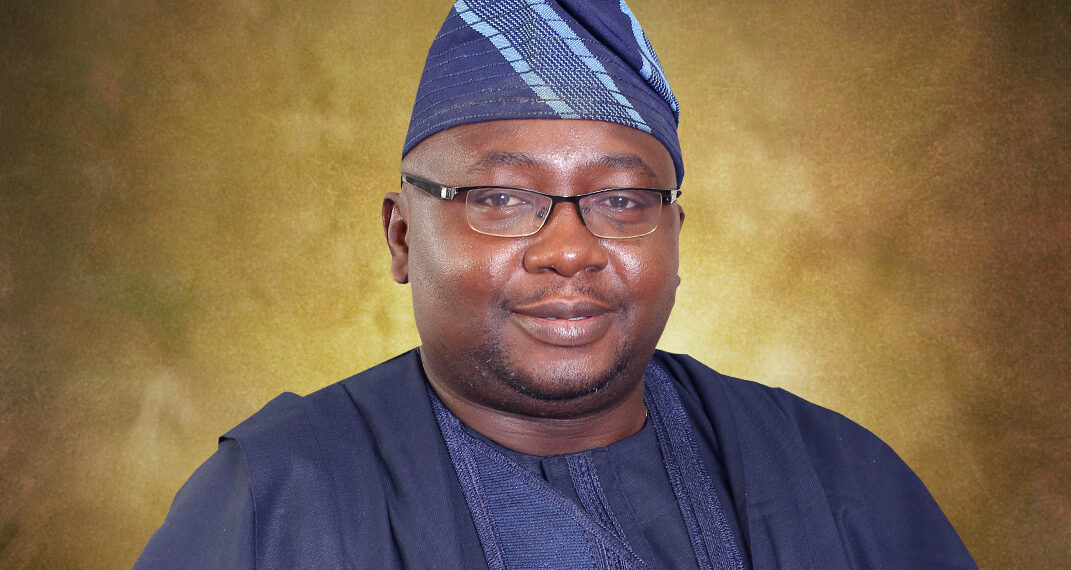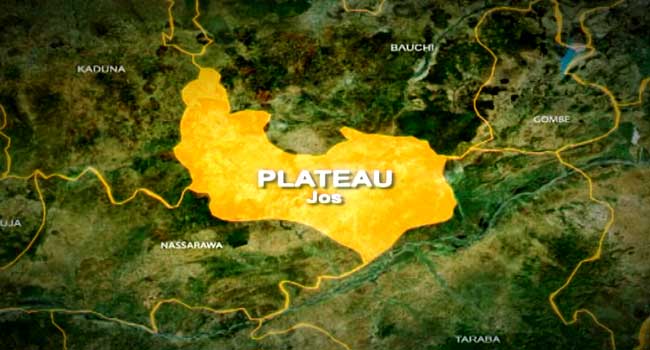SAHARA REPORTERS
The multi-billion-naira firm awarded the construction of the Lagos-Calabar Coastal Highway, Hitech Road Construction Company, a subsidiary of Hitech Construction Company is owned by a Nigerian-Lebanese developer with alleged criminal records, Gilbert Chagoury.
The Nigerian government recently unveiled the plan for the construction of the Lagos-Calabar coastal highway.
According to David Umahi, the Minister of Works, Hitech Construction will fund the project under the Public-Private Partnership (PPP) model.


Hitech is a division of the Chagoury Group, a business conglomerate owned by Chagoury, a known ally of the Nigerian President, Bola Ahmed Tinubu.


Eko Atlantic in Lagos is also the brainchild of the businessman.
Years back, Chagoury was banned from getting a visa on terrorism grounds for allegedly funding a political coalition, Hezbollah, which the United States deems a terrorism group.
He was also in the past accused of drug dealings by the US and Lebanese governments.
The Los Angeles Times, which did a deep dive on Chagoury — in its August 30, 2016 edition, said that Chagoury’s visa troubles likely stem from his support of a Christian Lebanese politician.
The politician, Michel Aoun, is part of the same political coalition as Hezbollah, which the United States deems a terror group.
“Chagoury’s name has been brought up of late, because of an ask Clinton Foundation head Doug Band made of Hillary Clinton’s State Department – he wanted to put the donor, whose parents were Lebanese, in touch with the American government’s top Lebanon person,’’ the US’s daily had stated.
‘’Donald Trump, among others, used the correspondence to try and show that the Clintons were running a ‘pay-for-play’ enterprise between the State Department and the family foundation, where Chagoury had been a million dollar donor.’’
Since the 1990s, Chagoury was reported to have cultivated a friendship with the Clinton family, in part by writing big checks, including an estimated $5 million to the Clinton Foundation, this is despite being a non-citizen forbidden by law to make donations to the campaigns of US politicians.
He however flouted that law with his numerous donations. By the time Hillary Clinton became the Secretary of State, the relationship was strong enough for one of Bill Clinton’s closest aides to push for Chagoury to get access to top diplomats and thus began the US exploring a deal to build a consulate at the Eko Atlantic city.
Between 2012 and 2016, he sought to help fund election campaigns of some US politicians. He donated to the Republicans and was listed as a sponsor for a 2014 art exhibit at the George W. Bush Presidential Center.
One other campaign he funded was that of Jeff Fortenberry, a US lawmaker, in 2016.
Fortenberry was later convicted of concealing information and making false statements to US federal authorities who were investigating illegal contributions made by Chagoury who is a foreign national, to his re-election campaign.
Fortenberry resigned from office after his conviction.
However, in 2019, Chagoury reportedly paid $1.8 million in fines to resolve the investigation when it began.
Born in Nigeria to Lebanese immigrants, the businessman flourished in the 1990s through his close association with the late dictator, Sani Abacha by receiving development deals and oil franchises.
After Abacha died in 1998, the Nigerian government hired lawyers to track down funds stolen through associates of the late dictator.
The trail led to bank accounts all over the world, some under Gilbert Chagoury’s control.
In 2000, the Lebanese businessman was convicted by a Swiss court for laundering some of the funds Abacha looted from Nigeria.
He agreed to pay a fine of about 1 million Swiss francs (about $600,000) at that time to get his Swiss conviction expunged and handed back $66 million to the Nigerian government but denied knowing the funds were stolen.
Chagoury would later return to Nigeria in the early 2000’s and from there became a business partner with Tinubu, who was then governor of Lagos State.


